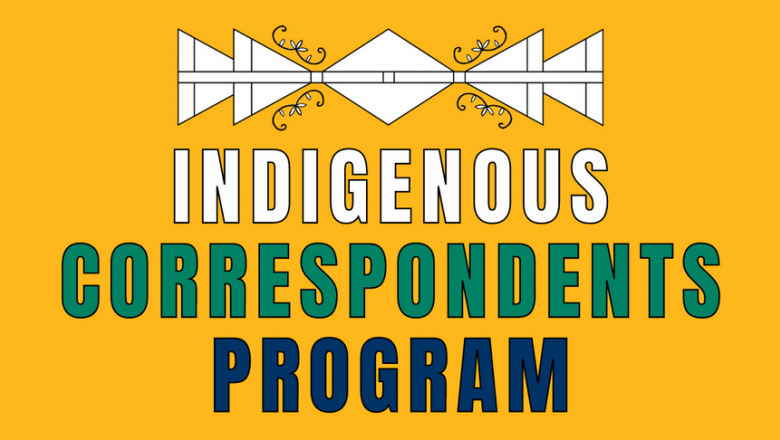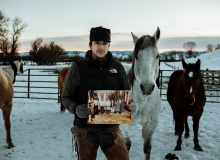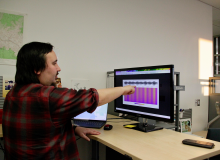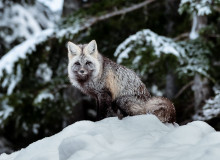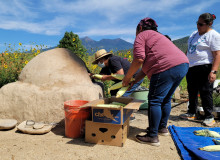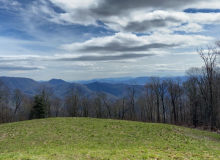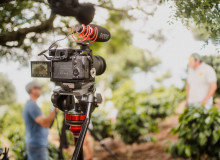This new storytelling program is entirely led by Indigenous mentors, and offers one-on-one feedback from Indigenous writers, journalists, and media producers to our student correspondents. As co-founders, we wanted to build a space where Indigenous students feel comfortable and confident telling stories about their communities and the issues that are important to them.
These stories will help to bring broader awareness about our communities and concerns, center our traditional knowledge, amplify our modern existence, show our cultural resilience, and focus on solutions that uphold our values and responsibilities.
The 2022-2023 Planet Forward Indigenous Correspondents represent 10 tribes and seven universities from across the U.S., including both undergraduate and graduate students. The 10-month program culminates in all Indigenous Correspondents receiving a travel grant to attend 2023’s Planet Forward Summit in Washington, D.C., where they will engage in workshops led by global environmental leaders and meet with their cohort. Correspondents also will have their work published right here on PlanetForward.org, and presented to sustainability experts, professionals, and thought leaders through Planet Forward and University of Arizona events and partners.

